I was born with HIV on January 10th, 1997, and for the first nine years of my life, I had no idea about my condition. It was a question that lingered in my mind every day as I dutifully took my medication. I would ask my mom repeatedly why I was taking those pills and when I could stop. It was in those innocent inquiries that I saw the profound truth etched on her face – a truth that shattered my childhood innocence. Her expression, marked by both love and the weight of a secret, told me that I would never stop taking those pills.
The moment when my mom and my doctors finally decided to tell me about my HIV diagnosis remains etched in my memory. It was a day filled with mixed emotions. The doctors wore expressions of concern and perhaps even fear as they broached the subject. However, I chose to respond with a surprising calmness, simply saying, "okay." Little did I know that this composed response marked the beginning of my journey towards understanding and acceptance. Following that revelation, I embarked on a path of therapy specifically tailored for HIV, a space where I could openly discuss my feelings and gain a deeper knowledge of the virus. Looking back, I am profoundly grateful that my mother, in collaboration with my doctors, made the decision to inform me about my HIV status. This open and honest approach not only allowed me to receive proper education about HIV but also made the journey more bearable for my mom, who had undoubtedly carried the weight of this secret for far too long.
The day after my mom disclosed my HIV diagnosis to me, she took me to buy a feelings workbook and a journal. At that time, I didn't fully appreciate the significance of these tools, and in my youthful desire for privacy, I initially hesitated to use them. My HIV status didn't seem to bother me much back then, and I wanted to handle it my own way. However, as I grew older and gained a deeper understanding of the importance of tracking my health, these items became invaluable. It was around the age of 15 that I began to use the journal diligently. It became a repository for documenting crucial details about my HIV medicine, viral load, and CD4 count. Little did I know that this simple act of journaling would become an essential part of my journey, enabling me to take charge of my health and gain a sense of control over my life with HIV.
My mother's insistence that I keep my HIV diagnosis a secret from everyone, including my friends, grandparents, and siblings, was undoubtedly well-intentioned. However, it weighed heavily on my heart, and I couldn't help but feel a sense of isolation and frustration. While I understood her concerns about potential stigma and discrimination, not being able to confide in those I held close was a burden that I didn't like to bear. The secrecy created a barrier between me and my loved ones, making me yearn for the support and understanding that sharing my truth might have brought. Despite my discomfort with her advice, I knew she only wanted to protect me, but it was a difficult path to navigate emotionally.
During that difficult period when I discovered I had HIV and sensed my mother's insecurity about it, I made a misguided choice to exploit the situation to avoid taking my medication. I persuaded my mother to allow me to manage my treatment independently, but I consistently neglected to adhere to it. Back then, I held a mistaken belief that my inner strength would be sufficient to combat the virus without medical intervention. I also felt a profound connection to what I perceived as God's divine plan. I believed that if it was God's will for me to pass away, I should let HIV take its course so that I could fulfill God's wishes and find my place in heaven. Looking back, I recognize the profound misconceptions in my thinking, and I'm grateful for the opportunity to have gained a clearer understanding of the importance of medical care and treatment in managing HIV.
During my teenage years, there were moments when both my mother and I exhibited toxic behaviors, making it a tumultuous period in our lives. Driven by my desire to manipulate situations to my advantage, I would sometimes resort to hurtful words, telling my mom that I held her responsible for my HIV diagnosis and that no one would ever like me. Unfortunately, I used these hurtful tactics to pressure her into complying with my wishes, often causing her emotional distress. Simultaneously, my mother's reactions and behaviors may have also been influenced by her own struggles during this challenging time. In retrospect, I recognize the harm we inflicted on each other and the importance of healthier communication and empathy in our relationship. It was a difficult chapter marked by emotional turbulence and a lack of understanding of the consequences of our actions.
When I turned 12, my mother made a decision that would significantly impact my journey with HIV. She took me to Bellevue Hospital to join an HIV support group for kids living with the virus. I am eternally grateful for this choice because it transformed my perspective. Suddenly, I no longer felt alone in my battle against HIV. Being part of that support group connected me with others who faced similar challenges and experiences, and it provided a safe space where I could openly discuss my feelings and fears. It was in this group that I began to find comfort in my identity as someone living with HIV, and it played a pivotal role in helping me feel more at ease with my condition. My mother's decision to enroll me in that support group was a turning point in my journey towards acceptance and understanding of my HIV status.
As I transitioned into adulthood, I found it increasingly challenging to comprehend why my mother hadn't fully accepted her HIV status, as she still seemed deeply uncomfortable with it. My own journey toward comfort with my HIV status had led me down a path of empowerment through advocacy. I decided to take control of my diagnosis by becoming an HIV advocate, openly disclosing my status on platforms like Facebook and Instagram, and sharing various aspects of my story through blogs and video content. Although my mother expressed pride in my advocacy efforts, there were moments when she privately questioned my motivations to my sister. Despite the complexities of her feelings, my hope remained steadfast: I wanted my mother to find the same comfort and acceptance with her HIV status that I had found through advocacy.
I recall a pivotal moment when I approached my mother with the idea of collaborating on a blog, where we could openly discuss our unique experiences and perspectives on living with HIV and its impact on our relationship. At that time, she seemed genuinely interested in the idea, and I was hopeful that it would be a meaningful way for us to connect and raise awareness together. However, despite her initial enthusiasm, the collaboration never materialized. This situation highlighted the complex nature of our journey with HIV, and the hesitation she may have still felt in openly sharing her story. Nonetheless, my desire for openness and connection remained, as I believed that such conversations could not only strengthen our bond but also inspire others facing similar challenges.
As time has passed and I've moved out, there has been a noticeable shift in the dynamics of my relationship with my mother. Physical distance seems to have allowed for some healing and a lessening of the emotional intensity that once characterized our interactions. However, there remains a significant issue that continues to cast a shadow over our relationship. Despite my heartfelt attempt to communicate my feelings through a letter about how poorly I was treated, my mother's failure to acknowledge it has created a lingering sense of hurt and unresolved tension. Forgiveness may still be a distant goal, but the hope remains that in time, our relationship can evolve into a more open and empathetic one, marked by understanding and mutual healing.
In this profound journey through the shadows, I've witnessed the evolution of our complex relationship with HIV and our quest for healing – my mother's and mine. From my innocent inquiries of childhood to my composed response upon learning the diagnosis, this story is a testament to the resilience of the human spirit.
The significance of education, empowerment through journaling, and the weight of secrecy have all played pivotal roles in shaping our narrative. I look back now and recognize that our misguided choices, misconceptions, and moments of toxicity were essential steps on our path to understanding.
The turning point of joining an HIV support group brought me a newfound sense of belonging and identity. It was in that group that I began to find comfort in my identity as someone living with HIV. My journey into advocacy marked a shift toward empowerment, as I decided to take control of my diagnosis, sharing my status and experiences on various platforms.
My desire for open conversations and collaboration with my mother underscores the importance of sharing our experiences and perspectives to strengthen our bond and inspire others.
As our story continues, there remains a glimmer of hope in the distance. Despite unresolved tensions and hurt, our unwavering desire for understanding and mutual healing persists. This journey has taught me that even in the darkest of shadows, there is the potential for growth, love, and reconciliation.
This blog was originally posted on My Purora.


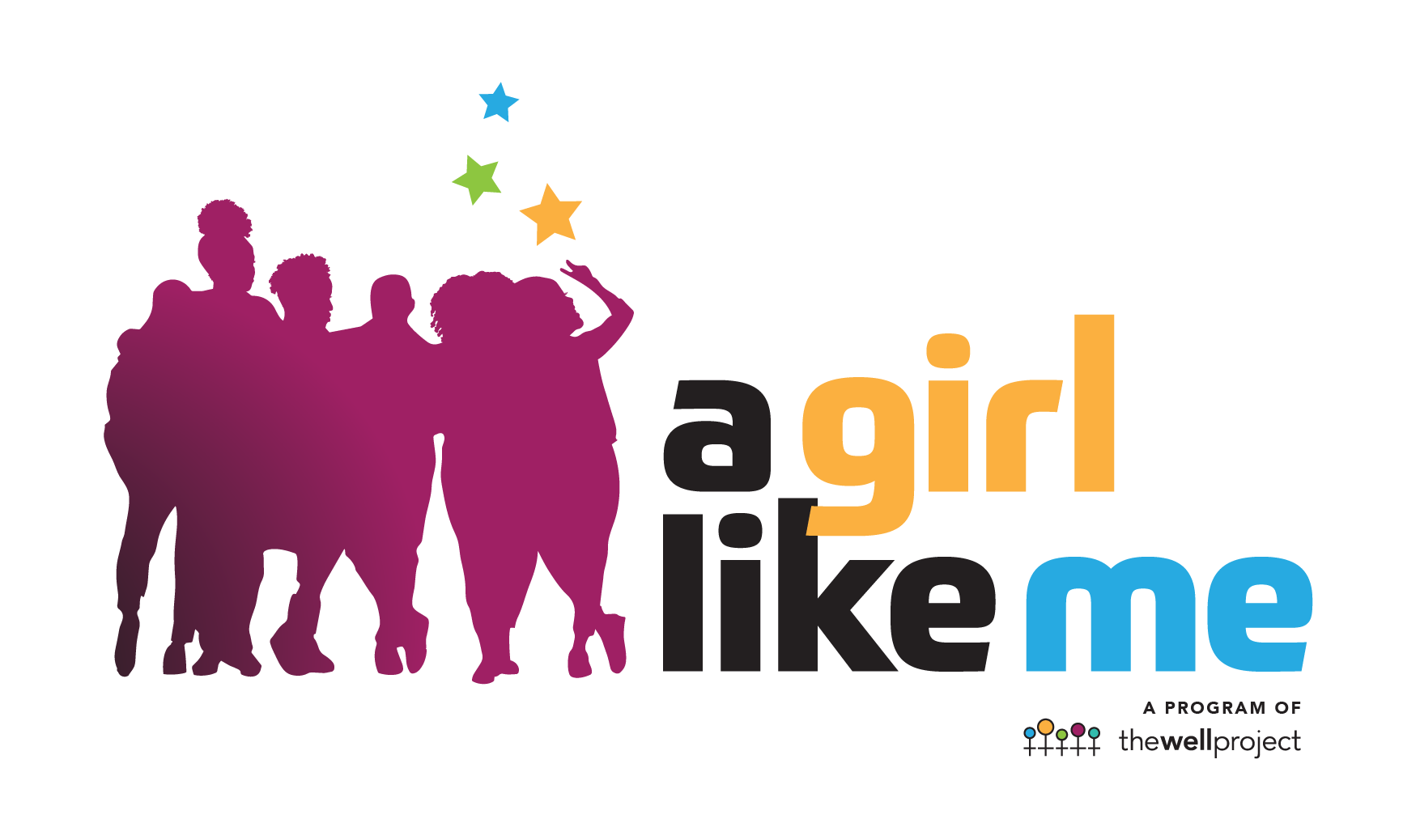

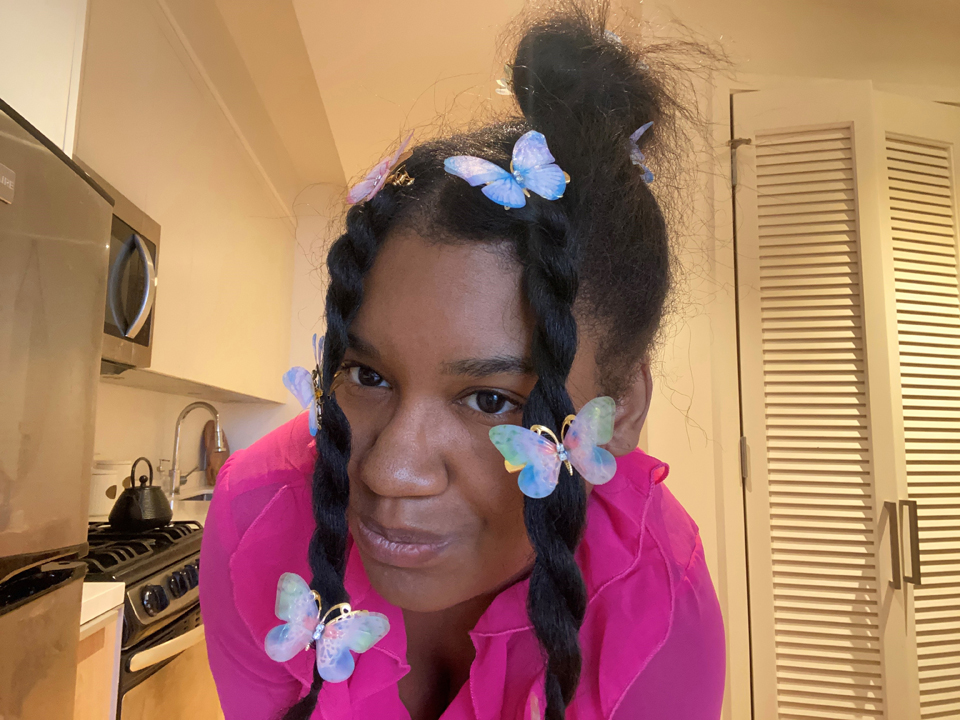



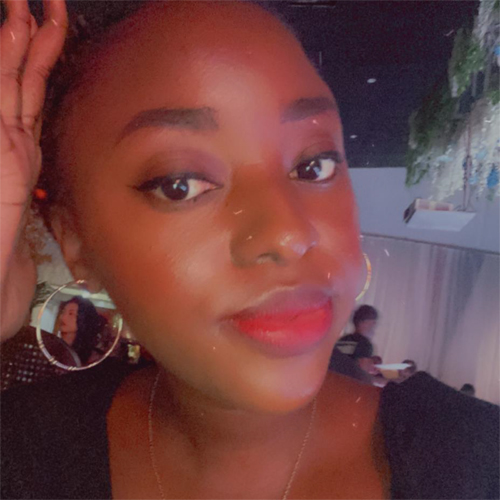
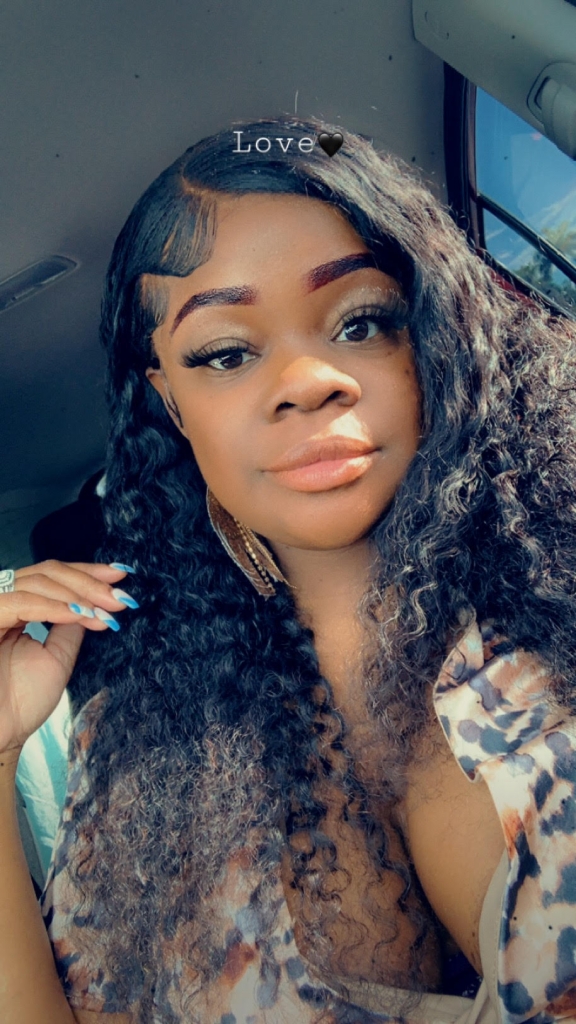


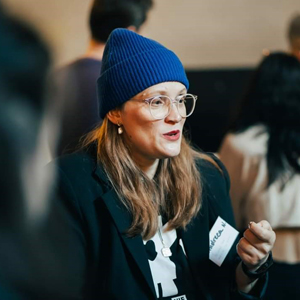

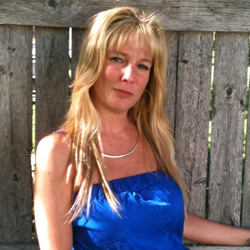


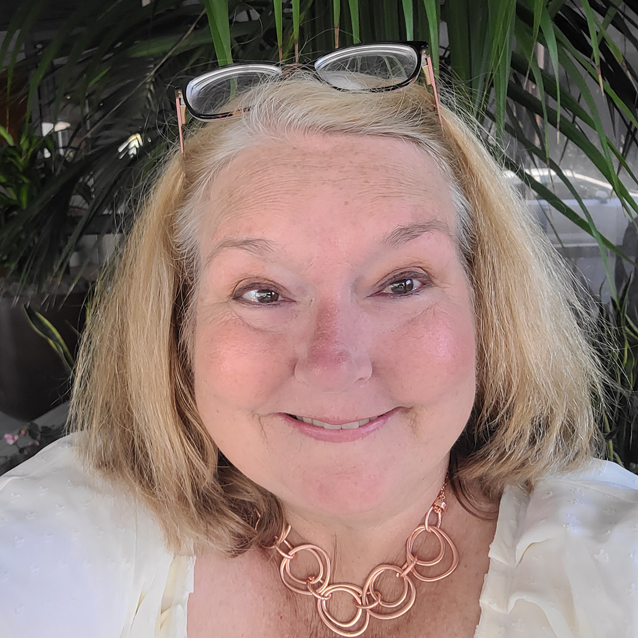

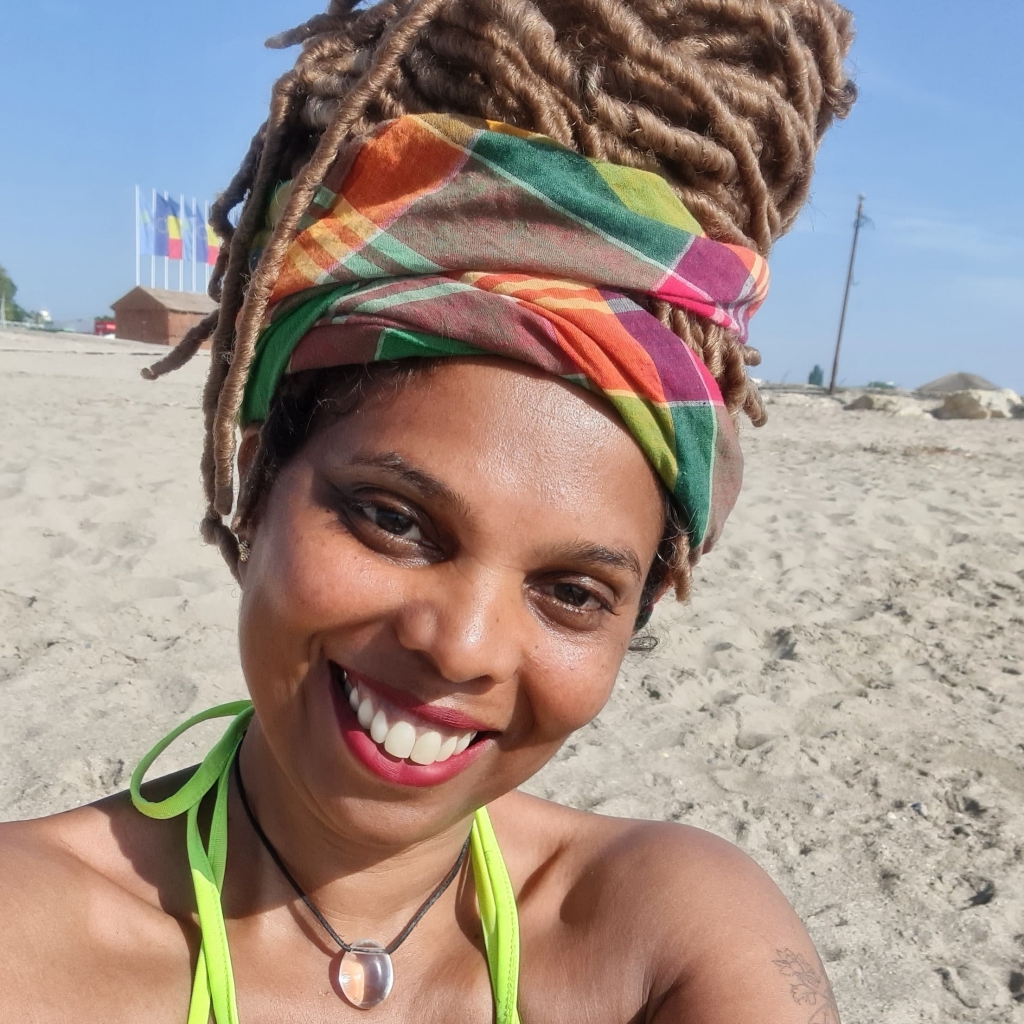

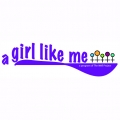
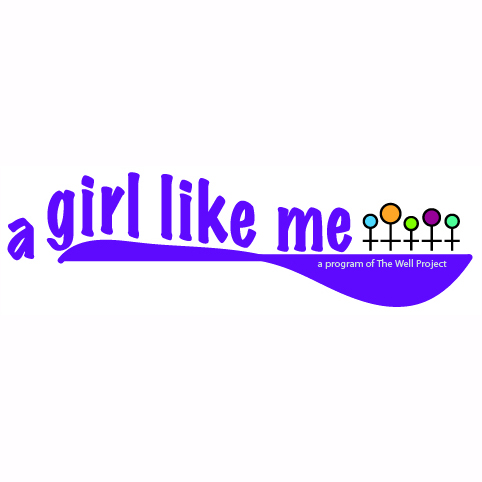
Thank you
Thank you so much for sharing your experience and resilience. I’m remaining hopeful that true reconciliation occurs with you and your mother. We all come to walk in our truths at designated times. Some of us are thrust into the spotlight, and others gradually find their role in the movement. You have arrived and your story is powerful. It is beautifully written!